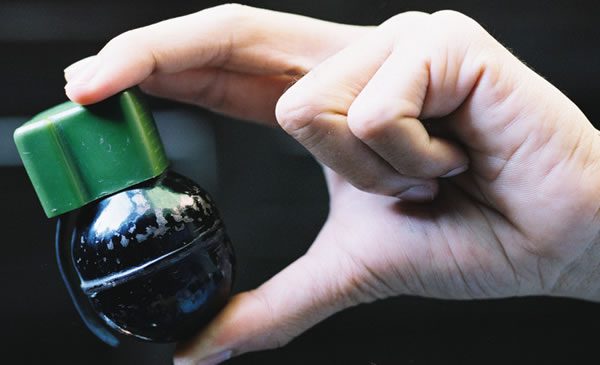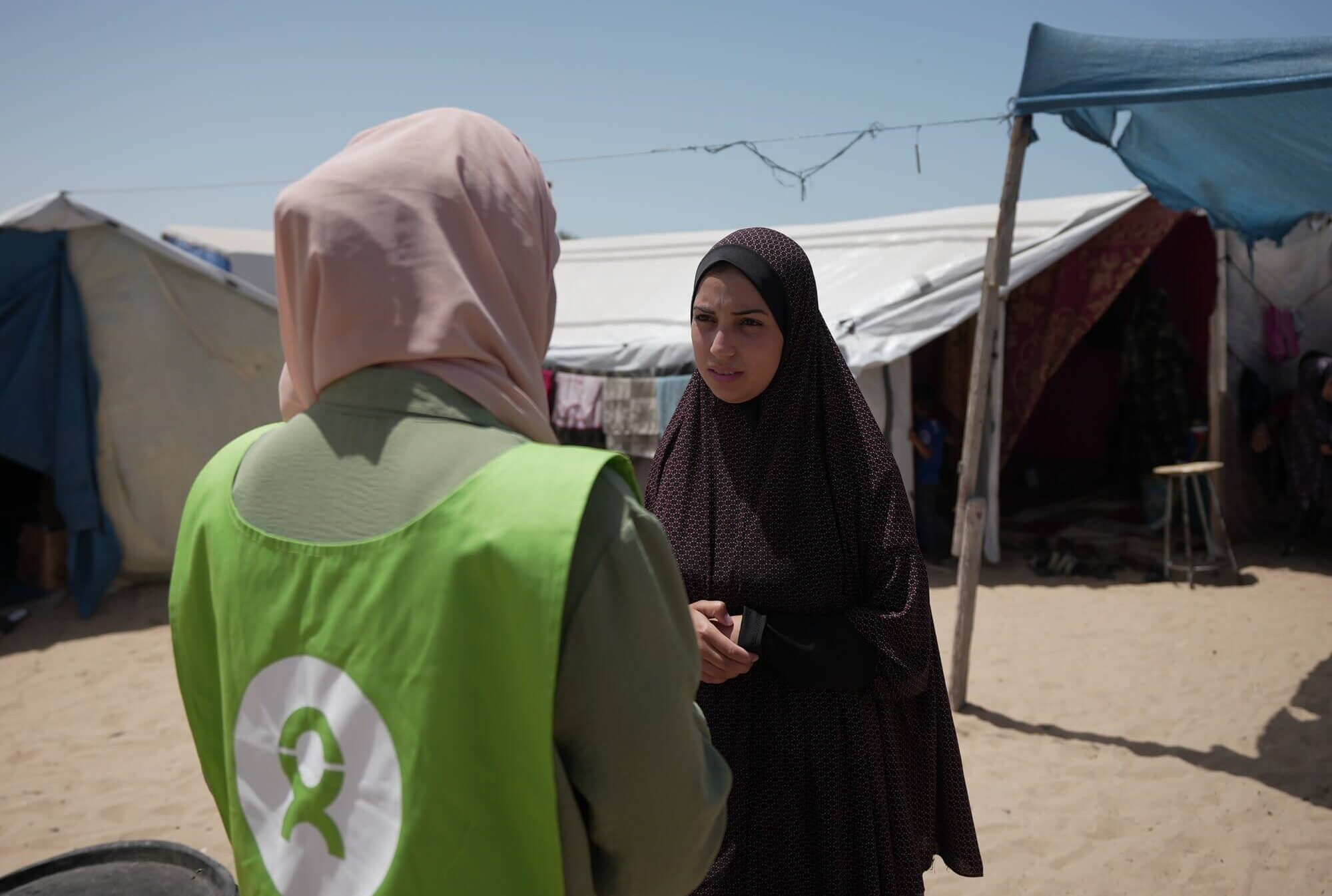The Chair of the PrepCom announced that he intended to convene an informal meeting on the morning of Friday 16 July in order to hear the views of relevant, accredited NGOs. He also reiterated that the PrepCom meetings in 2011 would take place during one week in 28 February to 4 March 2011, and for a second week in 11-15 July 2011.
Government statements to the second morning of the prepcom
Bangladesh stated that the ATT should reflect and respect the right of States to self-defence. It should also promote the duty of States under the UN Charter to promote human rights. The treaty should cover all conventional weapons, including parts and components, dual-use goods, and ammunition. Imported arms should not be handed over “to any political group or insurgent groups.”
Colombia declared that it was supporting an ATT and noted that the treaty should regulate small arms and light weapons. The treaty should facilitate compliance with international humanitarian and human rights law as well as with the UN Charter. Weapons should not be transferred to non-State actors.
Belarus noted the need for clear criteria and clear objectives. It argued the main focus should be the illegal delivery and manufacture of weapons.
Belgium again spoke on behalf of the European Union, noting that the objective and purpose of the treaty should be defined, for instance in the preamble, based on the content of the three UN resolutions on the ATT. Detailed definitions should be included in an annex to the treaty. A section of the treaty should be devoted to the criteria for assessing whether to authorise a transfer of conventional weapons. An ATT should include a follow-up mechanism (e.g. meetings of States Parties and review conferences).
Surinam spoke on behalf of the Caribbean Community (CARICOM). It noted the link between illicit arms transfers and the drugs trade. It called for the treaty to include ammunition and should cover diversion and re-export. It argued for the establishment of a treaty secretariat to monitor the implementation of the treaty.
New Zealand stated that the treaty should represent minimum standards and should be broad in scope. It was doubtful about including dual-use items. Using an annex would enable flexibility. Certain principles were important to include in the treaty, such as setting out the aim and need for an ATT; the right of States to defend themselves; and transparency.
Uruguay declared its support for covering the weapons included in the UN Register of Conventional Weapons, but should not omit other new conventional weapons being used today. It should prohibit transfers of weapons to non-State actors.



